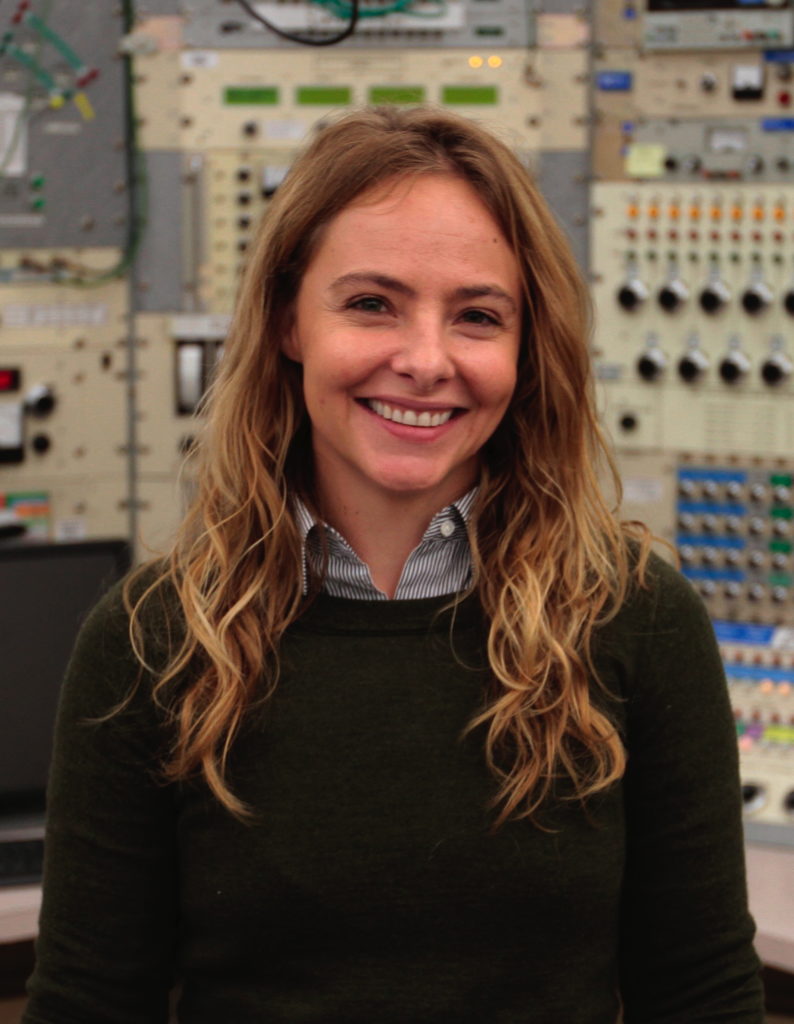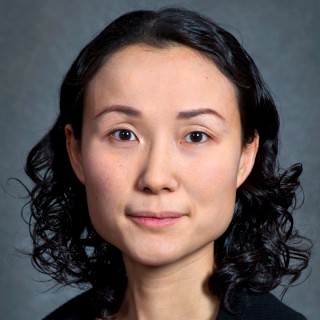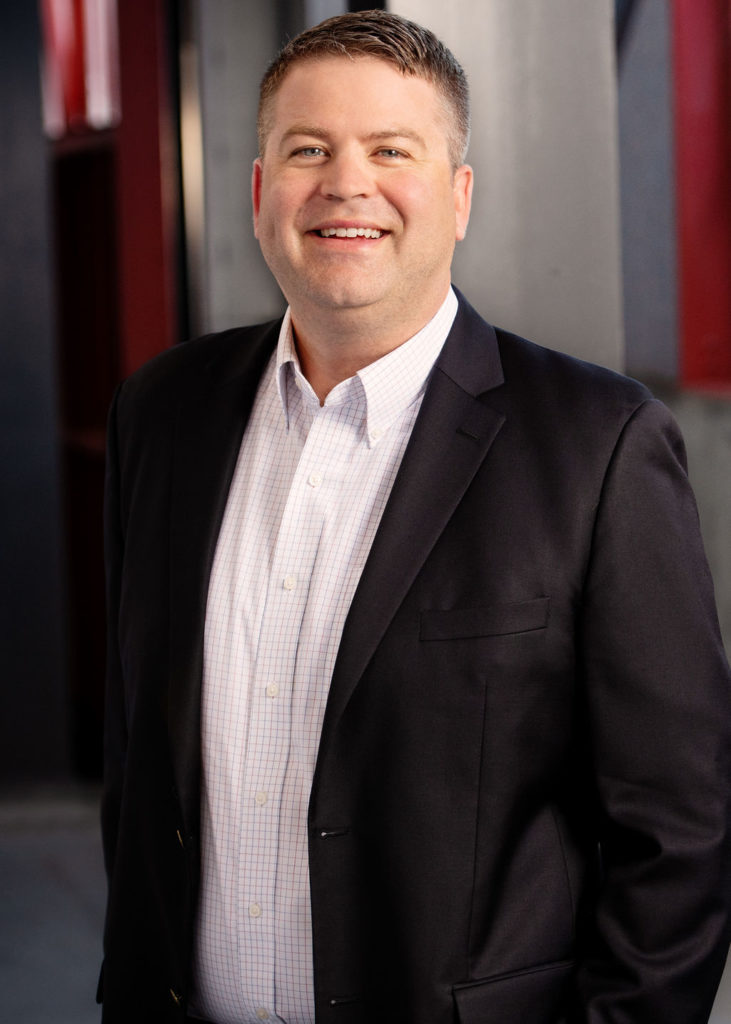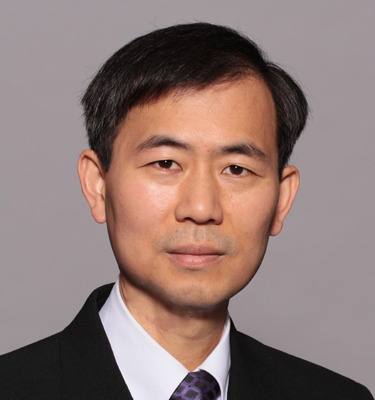Spring 2020 Colloquium Series
Nuclear Science for National Security Applications
SPEAKER: BETHANY GOLDBLUM DATE/TIME: MON, 04/20/2020 – 4:00PM TO 5:00PM LOCATION: via ZOOM Spring 2020 Colloquium Series Abstract: While the probability of nuclear exchange may be low, the consequences are undeniably grave. My research focuses on methods to improve nuclear security and nonproliferation while advancing technically-sound policies. Via a series of vignettes, I discuss the three main…
Read MoreWhat sounds scary vs what actually matters: risk perspectives for nuclear waste and contamination (and possibly coronavirus)
SPEAKER: HARUKO WAINWRIGHT DATE/TIME: MON, 04/13/2020 – 4:00PM TO 5:00PM LOCATION: via ZOOM Spring 2020 Colloquium Series Abstract:Environmental concerns – mainly associated with nuclear waste and nuclear accidents – have been one of the biggest bottlenecks for nuclear energy. At the same time, the society has been struggling to assess these risks relative to other hazardous waste, other pollution and…
Read MoreKairos Power: From University Conception to Mission-Driven Start-Up
SPEAKER: EDWARD BLANDFORD DATE/TIME: MON, 04/06/2020 – 4:00PM TO 5:00PM LOCATION: via ZOOM Spring 2020 Colloquium Series Abstract: Fluoride-salt cooled, high-temperature reactors (FHRs) combine existing technologies in a novel way, using high-temperature fuels from gas-cooled reactors with a low-pressure molten salt coolant. In the last decade, U.S. national laboratories and universities have addressed key scientific and technical…
Read MoreSmart use of ionizing radiation in biomedical imaging
SPEAKER: YOUNGHO SEO DATE/TIME: MON, 03/30/2020 – 4:00PM TO 5:00PM LOCATION: via ZOOM Spring 2020 Colloquium Series Abstract: Biomedical imaging modalities that rely on x-ray and gamma-ray interactions in biological objects and radiation detectors present potential risk of radiation-related complications. In many cases, imaging using ionizing radiation is essential to detect and monitor human diseases; however there…
Read MoreNuclear Engineering to Make a Difference
SPEAKER: RACHEL SLAYBAUGH DATE/TIME: MON, 03/09/2020 – 4:00PM TO 5:00PM LOCATION: 3105 ETCHEVERRY HALL Spring 2020 Colloquium Series Abstract: We all (I hope) want to use our careers to make a difference. This talk will walk through one example of how that might look and lead into a broader discussion of how one could use a highly…
Read MoreUsing Data Competitions to Crowdsource Innovative Solutions to Urban Radiation Detection Problems
SPEAKER: CHRISTINE ANDERSON-COOK DATE/TIME: MON, 03/02/2020 – 4:00PM TO 5:00PM LOCATION: 3105 ETCHEVERRY HALL Spring 2020 Colloquium Series Abstract: In 2017 and 2018, NA-22 sponsored a project to host data competitions to solicit innovative solutions for urban radiation detection problems. A team from Los Alamos, Oak Ridge, and Berkeley National Laboratories fielded and hosted two competitions. The…
Read MoreApplication of Advanced Modeling and Simulation Tools to KP-FHR Licensing
SPEAKER: BRANDON HAUGH DATE/TIME: MON, 02/24/2020 – 4:00PM TO 5:00PM LOCATION: 3105 ETCHEVERRY HALL Spring 2020 Colloquium Series Abstract: Advanced modeling and simulation tools have been under development at national laboratories, universities and research institutes around the world. These tools have progressed to a point where a new reactor type can benefit from them and shed the…
Read MoreChernobyl
Applied nuclear science and engineering at Los Alamos
SPEAKER: MARK CHADWICK DATE/TIME: MON, 02/10/2020 – 4:00PM TO 5:00PM LOCATION: 3105 ETCHEVERRY HALL Spring 2020 Colloquium Series Co-hosted with NSSC Abstract: I will describe research at Los Alamos that is advancing our US nuclear technology capabilities. Some of the applied areas we are working on are described: stockpile stewardship, and nuclear threat reduction. Experimental and simulation…
Read MoreCompact accelerators and photon sources using laser-driven plasma acceleration
SPEAKER: CARL B. SHROEDER DATE/TIME: MON, 01/27/2020 – 4:00PM TO 5:00PM LOCATION: 3105 ETCHEVERRY HALL Spring 2020 Colloquium Series Abstract: Plasma waves can support extremely large accelerating fields, several orders of magnitude greater than conventional accelerators. Hence they can provide a compact method of generating energetic charged particle beams. Plasma waves suitable for particle acceleration may be…
Read More








